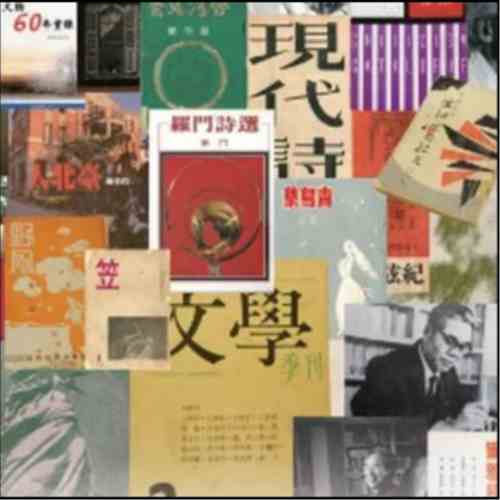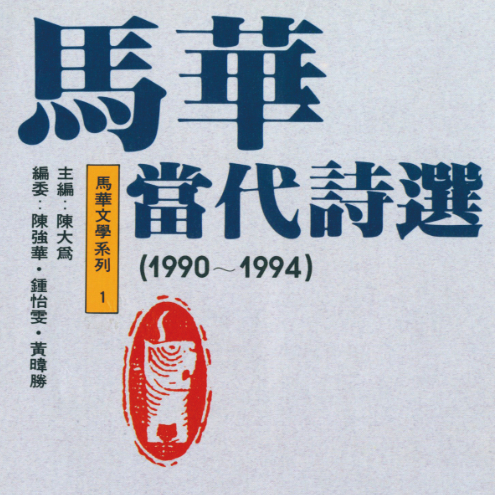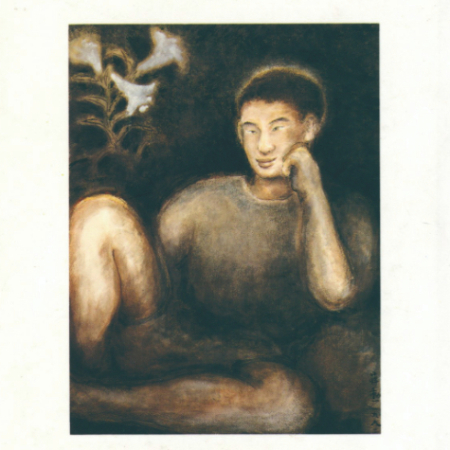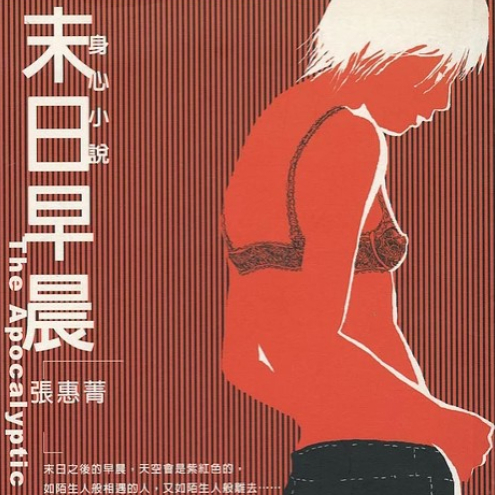The “military dependents’ villages” (MDV) were a unique postwar Taiwan architectural phenomenon whose purpose was to house military family dependents in special compounds. More broadly defined, these villages also included communities and settlements of “foreign provincials,” (i.e., Chinese from the mainland of China.) Because the number of military and their families who followed the Nationalist government to Taiwan in 1949 exceeded one million, these villages, with their own rather closed and sui generous lifestyle, were spread throughout Taiwan. The literature that emerged from these villages in the late 1970s, and that used the life there as background, was given the general designation of “Literature of the Military Dependents’ Villages.”
.jpg)
Ed., Su Weizhen, Military Dependents’Villages in Taiwan.
.jpg)
Zhang Qijiang, Lost □□—the Short Fiction of Zhang Qijiang.
MDV writers, unlike their fathers who wrote about the war and nostalgia, focused on the post-70s changes in Taiwan society and the corresponding portrait of the MDVs. In recollecting the difficulties they overcame in their youth, these writers were acutely conscious of the impact on MDV culture of the social liberalization that occurred in the later 1980s, as well as the sharp and unpredictable changes that took place in political realities. Sun Weimang’s Recalling the Old Homestead: Sketches of the Life in a Military Dependents’ Village (回首故園 ──眷村生活素描), Su Weizhen’s Leaving Tongfang (離開同方), Ai Ya’s Once (曾經), Yuan Qiongqiong’s Fate in This Life (今生緣) and Zhang Qijiang’s Lost □□— the Short Fiction of Zhang Qijiang (消失的□□──張啟疆的眷村小說)—these works again and again wrote of love and hate in the MDVs and created the prototype for MDV literature. In 1992 Zhu Tianxin wrote the sentimental Missing My Brothers in the Military Dependents’ Village (想我眷村的兄弟們), revealing his reluctance to see the passing of the MDVs and expressing a great deal of criticism of contemporary politics. This novel became one of the icons of MDV literature. All of these works consistently had recourse to piecing together bits of historical memory, and as such, this unique life experience and literature bore witness to the “exile” of a whole generation and their painful fate. Selected Novels of Military Dependents’ Villages in Taiwan (臺灣眷村小說選) edited by Su Weizhen in 2004 was a summation of this literary genre.
.jpg)
Zhu Tianxin, Missing My Brothers in the Military Dependents’ Village.
.jpg)
Script of The Village , eds., Wang Weizhong, Lai Shengchuan.
In addition to novels, with movies like Growing up (小畢的故事), TV dramas like Time Story (光陰的故事), and stage plays like The Village (寶島一村), MDV literature was a font for other artistic forms and emerged as a life memory that belonged to this generation. Professor Wang Dewei has said, “MDV life was one of the most important phenomena of post-1949 Taiwanese culture.” And MDV literature, the exclusive domain of those who lived in the villages, is also a precious and uniquely Taiwanese literary heritage.










